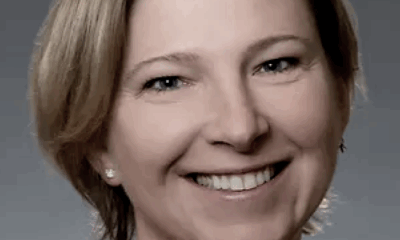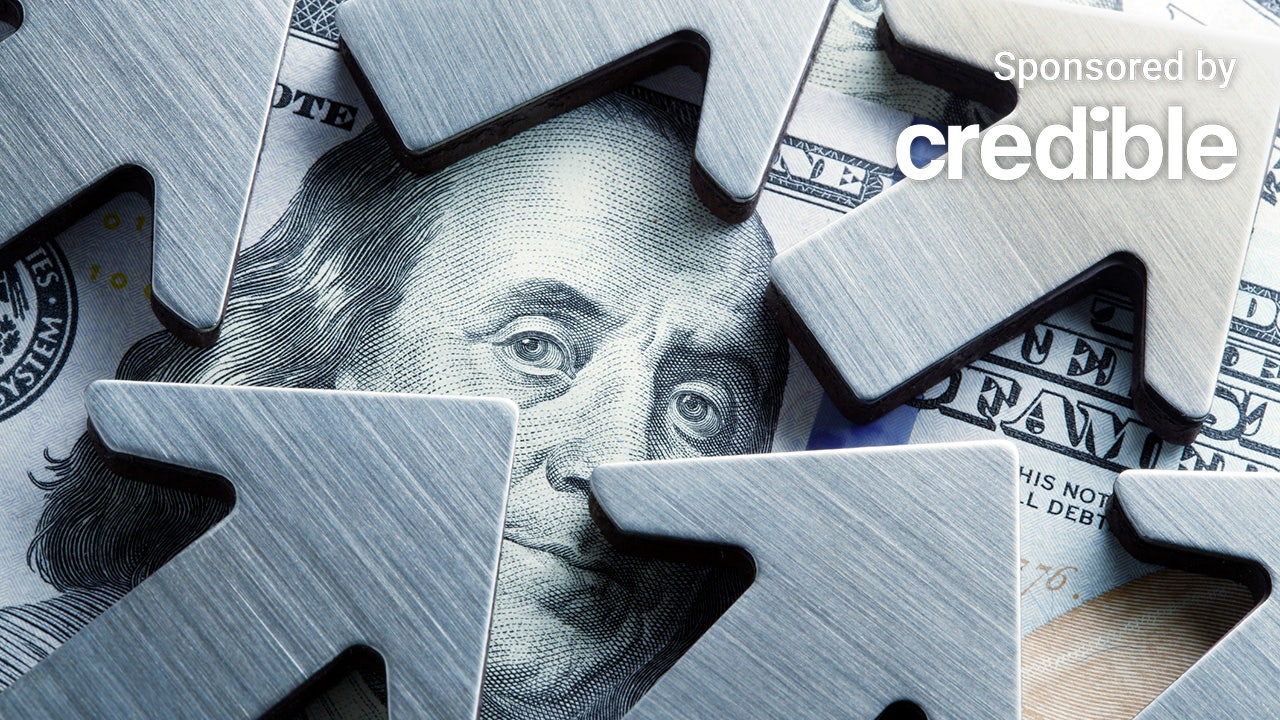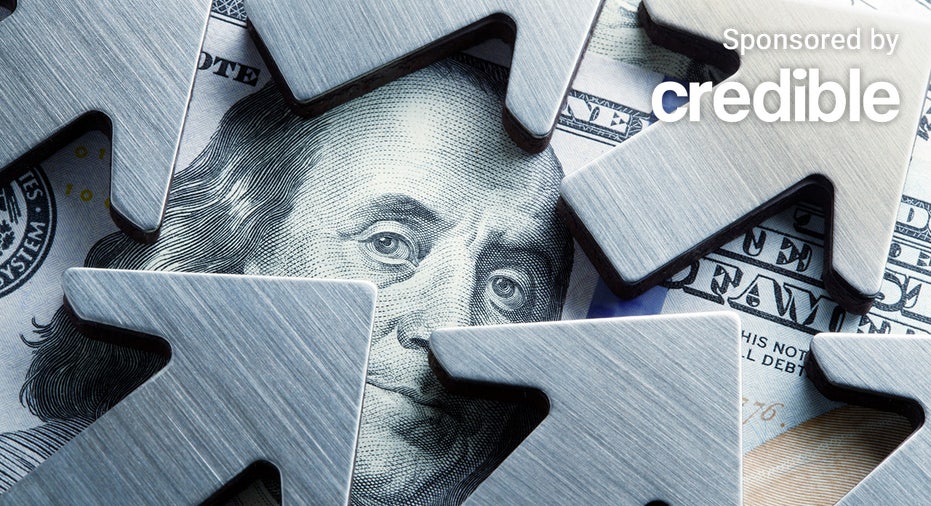With GDP increasing 2.8% annually, this signals a strong economy. (iStock )
As a welcome surprise, the gross domestic product (GDP) increased 2.8% annually in the second quarter, an advance estimate released by the U.S. Bureau of Economic Analysis found. Generally, a GDP between 2% and 3% signifies a strong U.S. economy, so this is good news for the overall economic outlook. In the first quarter, GDP increased by just 1.4%.
As the GDP increases and the economy evens out, it’s more likely that the Federal Reserve will cut interest rates. This sudden jump in economic growth is signaling that rate cuts may be on the horizon.
“GDP exceeded expectations in the second quarter, restoring faith that the economy is easing into a sustainable level of growth,” America’s Credit Unions Deputy Chief Economist Curt Long said in a statement.”Recent statements from Federal Reserve officials confirm that a rate cut is squarely in view. However, such action is not needed to ward off a recession but is rather a response to the moderation in inflation.”
The increase in real GDP can largely be attributed to an increase in consumer spending, as well as private inventory investments and nonresidential fixed investments.
Consumer spending increased across both the service and goods industries. Health care was one of the higher spend categories in the service industry, along with housing and recreation services. As for goods, motor vehicles and parts contributed most to the GDP growth. Furnishings, household equipment, gasoline and other energy goods also contributed.
“Both an increase in consumer spending on durable goods and business spending on inventories accounted for a substantial part of last quarter’s expansion,” said Mike Fratantoni, Mortgage Bankers Association (MBA) senior vice president and chief economist.
“Weaker net exports reflect a global economy that continues to operate in a lower gear as well as a stronger dollar,” Frantantoni said. “While top line growth is above the pace needed to keep the unemployment rate from rising further, the components do suggest the economy may slow from here.”
If you are struggling with high inflation, a personal loan can help you pay down debt at a lower interest rate, reducing your monthly payments. Visit Credible to find your personalized interest rate without affecting your credit score.
INFLATION IS WHY MANY AMERICANS PLAN TO DELAY RETIREMENT: SURVEY
Fed could cut interest rates in September
Consumers have been waiting for federal funds rate cuts that could lower interest rates on products such as mortgages, student loans and other loans. At the beginning of the year, consumers were told there would be an estimated six rate cuts by the end of the year, but that has grown increasingly unlikely.
Thanks to a higher-than-expected GDP report, economists believe September will be the first time the Federal Reserve cuts rates. These experts estimate there’s a 99.8% chance rates will be cut in September.
There’s also a high chance there will be a few more rate cuts by the end of the year. Experts say there’s a 97.4% chance of at least two more cuts by the end of December.
If you’re concerned about your high-interest debt, consider paying it off with a personal loan at a lower interest rate, which could cut your monthly payments. Visit Credible to get your personalized rate in minutes.
83% OF AMERICANS CONSIDER HOMEOWNERSHIP AN ESSENTIAL LIFE MILESTONE: SURVEY
Recession fears still linger for many Americans
Despite signs that the economy is heading in the right direction, there are still lingering fears that a recession is here or at least on the horizon. About three in five people believe the U.S. is currently in a recession, according to research from Affirm.
The survey asked 2,000 Americans why they lacked confidence in the current economy. Unsurprisingly, inflation and rising costs were the most common reason (68%) consumers believe the U.S. is in a recession. Another 50% think the U.S. is in the midst of a recession because of family members and friends constantly complaining about money problems.
Most respondents believe the recession started about 15 months ago, and don’t expect it to end anytime soon. Consumers believe the economy won’t officially start to recover until at least July 2025. Again, inflation is largely to blame for why these respondents believe there’s currently a recession.
About 68% of Americans said inflation is negatively affecting their future financial plans, making it difficult for them to save for bigger purchases.
“With confidence in the U.S. economy at a low point, consumers are urgently seeking ways to feel in control of their finances,” said Vishal Kapoor, Affirm senior vice president of product. “Amidst these levels of uncertainty and doubt, we believe that the antidote to the current ‘vibecession’ is greater choice and transparency in how people manage their finances.”
In an attempt to stay in control of their finances, 54% of Americans have or would consider buy now, pay later options. Consumers surveyed noted that BNPL helps them better manage their day-to-day budget.
Personal loans with low interest rates are also strong options for consumers who need financing with low monthly payments. When it comes to personal loan shopping, Credible can do the heavy lifting for you. With the click of a button, you can view multiple lenders, rates, and terms in one spot.
HOUSING AFFORDABILITY TOP CONCERN FOR YOUNGER VOTERS THIS PRESIDENTIAL ELECTION: SURVEY
Have a finance-related question, but don’t know who to ask? Email The Credible Money Expert at [email protected] and your question might be answered by Credible in our Money Expert column.

 Blog Post7 days ago
Blog Post7 days ago
 Economics1 week ago
Economics1 week ago
 Finance1 week ago
Finance1 week ago
 Economics1 week ago
Economics1 week ago
 Economics1 week ago
Economics1 week ago
 Finance1 week ago
Finance1 week ago
 Personal Finance1 week ago
Personal Finance1 week ago
 Accounting1 week ago
Accounting1 week ago










